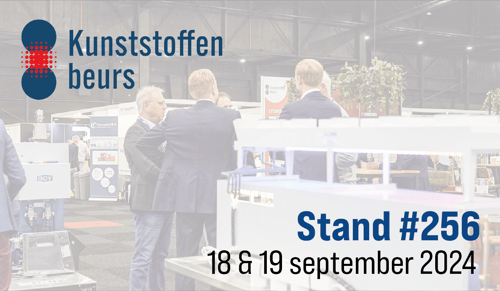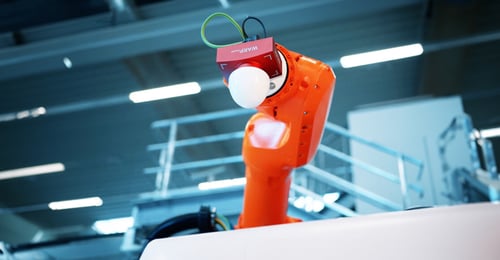- Home »
- Plastima news »
- Plastics in the automotive sector
The importance of plastics in the Automotive sector

In this blog, we explore the impact and importance of the plastics industry in automotive manufacturing. Plastics are crucial for vehicle production; a large proportion of components, dashboards, buttons, cables and other safety measures are manufactured from different types of plastics.
The unseen hero
While the focus is often on cool technical gadgets and beautiful designs, it is precisely the plastics that are quietly leading the revolution in safety and design. They are the essential building blocks that push the boundaries of what is possible. It is fascinating how these materials can have so much impact without many noticing it right away. Consider, for example, the dashboard with its many buttons, cabling and displays that are often made of plastic.

Large parts, such as the front bumper, are often made from a single piece of plastic.
A matter of performance and weight

The iconic BMW kidneys, made of an Acrylonitrile-Butadiene-Styrene (ABS) plastic
The ability of plastics to be lighter than traditional materials is not only a technological achievement but also a step towards a more sustainable future. By making large parts, such as the engine cover or bumpers, in modern cars from plastics, significant weight savings are achieved.

A motor cover completely made of Polypropylene (PP)
Security transformed
Safety today is much more than just adding an extra set of airbags or strengthening the chassis. It is now about cleverly designing materials that can not only absorb energy but also protect us in ways previously unthinkable. Think of safety systems like Adaptive Cruise Control, Automatic Emergency Braking and Forward Collision Warning System. These systems made of plastic have so far managed to prevent countless accidents, saving thousands of lives.

Recycling of plastics in new vehicles
As the world looks ahead to electric motors and self-driving technologies, it is the revolution of plastics that is fuelling the true transformation of the automotive sector. Plastics offer potential for recycling and reuse, which is a core aspect of the circular economy. Recycling plastic materials from old cars and reusing them in new vehicles reduces material requirements and waste. Some companies such as BMW, Peugeot and Citroën are already developing methods to collect, sort and reuse end-of-life plastic parts in new vehicles.

The interior of the BMW i3 is made entirely of recycled materials
In conclusion
Plastics are like the paint on the canvas of the automotive industry; one cannot exist without the other. They are the reason why tomorrow's cars will not only look futuristic but also be more efficient and safer than ever before. With plastics on board, the road to progress is endless, with every turn offering a new opportunity to push the boundaries of what is possible. It is the magic of plastics that challenges the automotive industry to keep striving for a world where design and functionality converge, and where our imagination is the only limitation.

Close-up of the Plastima Service Bus headlight, made of plastic
Where stories and marketing converge, it is precisely these unnoticed heroes who play an essential role as drivers of innovation. Plastics, in all their humble glory, are not only the future of cars; they show that the biggest changes often start with redefining the everyday.
 English
English Nederlands
Nederlands


